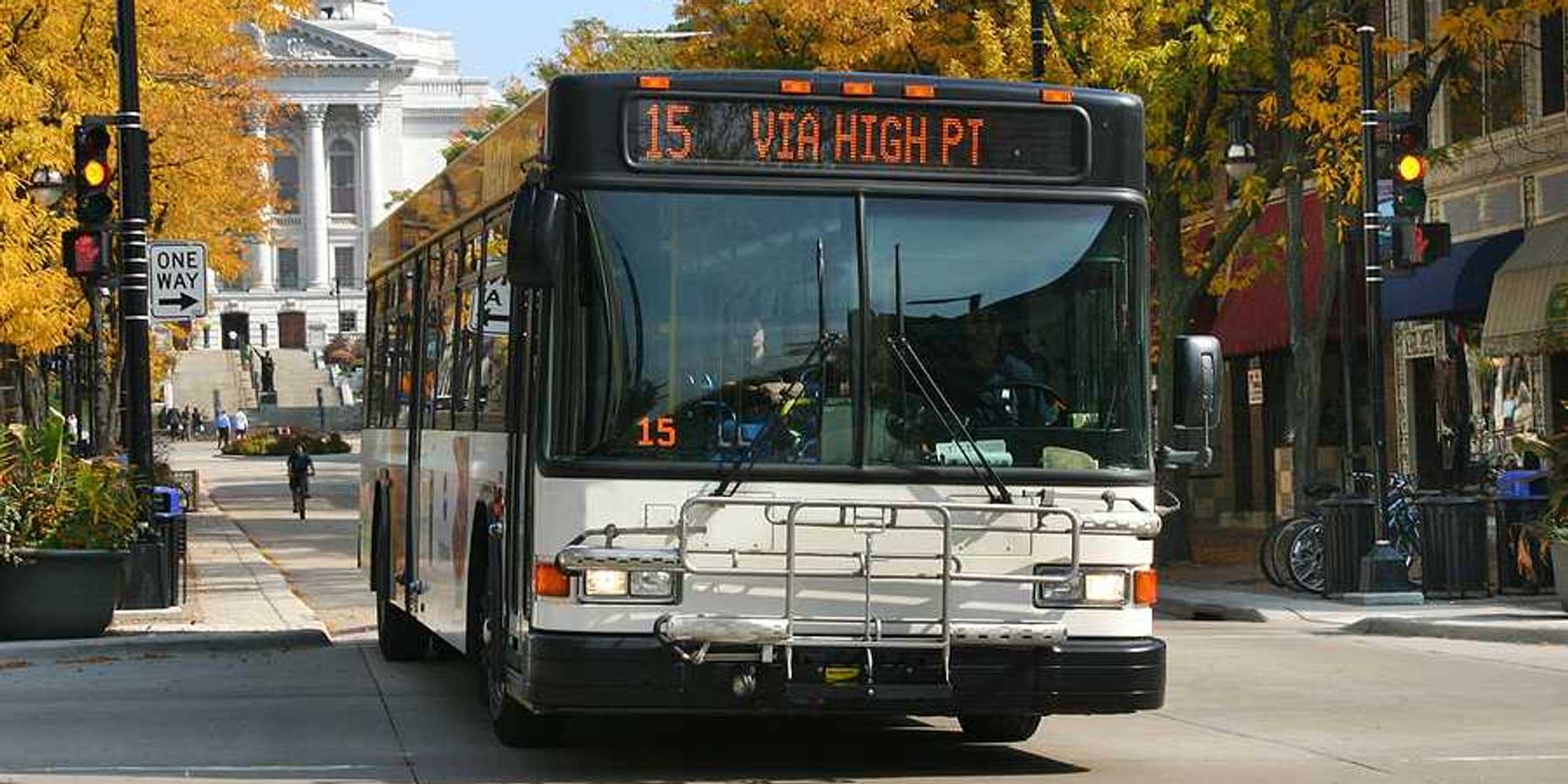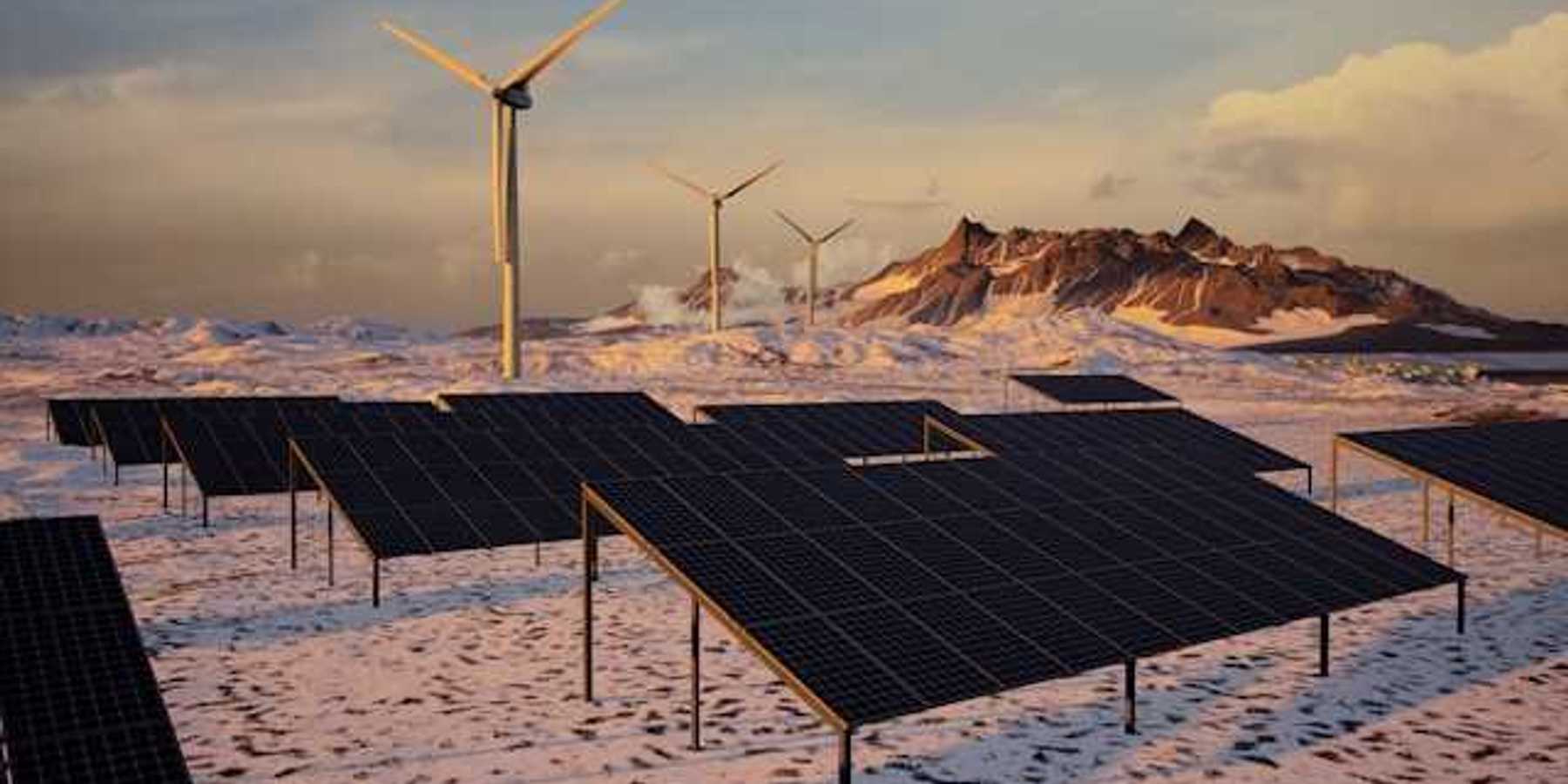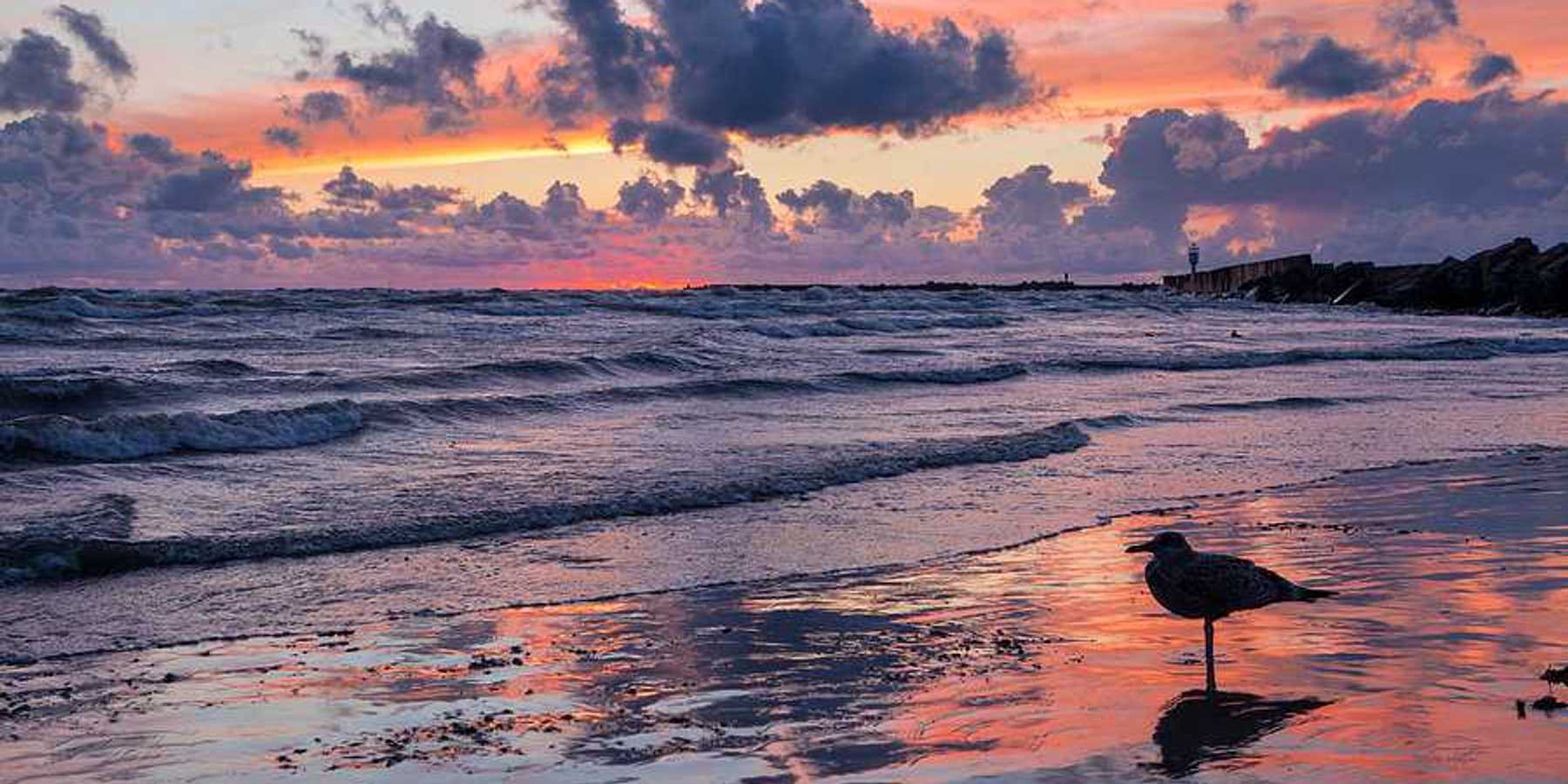Biodiversity in protected areas is shrinking faster than in unprotected regions
A new study shows biodiversity is declining more rapidly within key protected areas than outside them, challenging the effectiveness of global conservation targets discussed at the UN's Cop16 summit in Colombia.
Phoebe Weston reports for The Guardian.
In short:
- Biodiversity in protected areas has fallen by 2.1%, compared to 1.9% in unprotected areas, between 2000 and 2020.
- Many protected areas were not designed to preserve whole ecosystems and are vulnerable to industrial exploitation and climate change.
- Experts urge world leaders to focus on quality, not just quantity, in meeting the 30x30 conservation target.
Key quote:
“We urgently need to move beyond the current approach of simply designating more protected areas to 30x30. Our analysis reinforces the view that this will not automatically result in better outcomes for biodiversity and ecosystems.”
— Emma Woods, director of policy at the Natural History Museum
Why this matters:
Conservation efforts risk being ineffective without stronger protections and management. Industrial activity and climate change continue to threaten even those areas designated for preservation, complicating global efforts to curb biodiversity loss.
Related coverage: Human activity is pushing ecosystems toward collapse, experts warn













